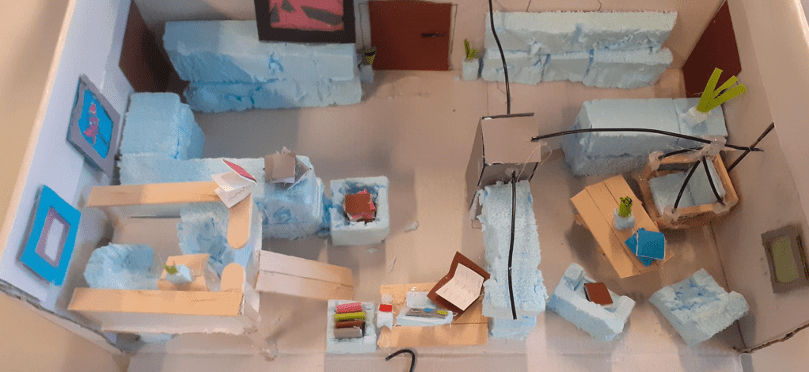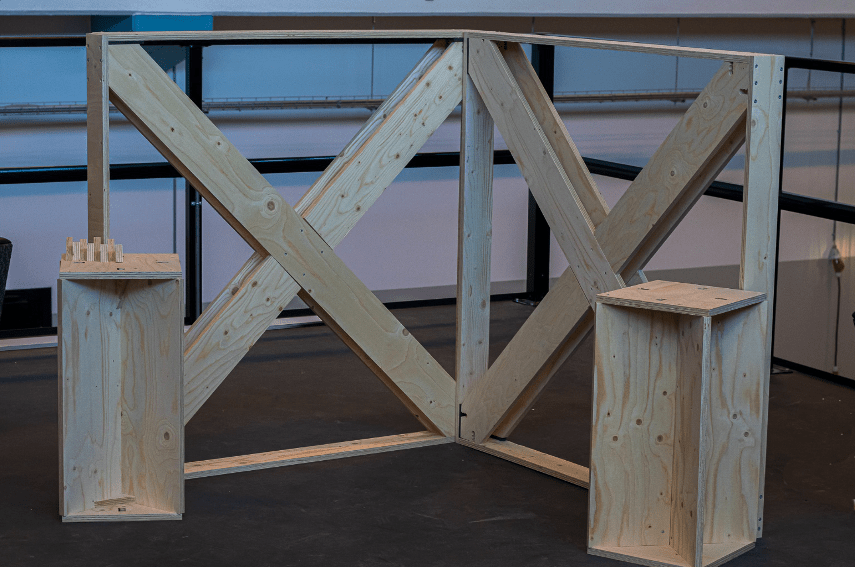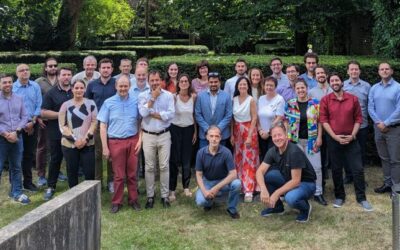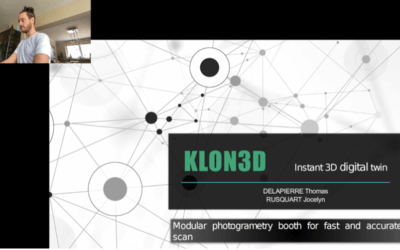As part of the iPRODUCE project activities, each of the six cMDFs was tasked with the responsibility of defining several use cases, which are the baseline for the evaluation of the iPRODUCE platform.
In this post, we focus on the progress of the Danish cMDF’s three use cases. We start by identifying the concept and objectives of the use cases:
- Use case 1: Co-creation in schools. The Danish cMDF wants to inspire teachers and students to think of digital fabrication as a low-entry method for making hands-on interior productions and urban space interventions. Also, it wants to enable schools lacking resources to offer these technologies to their students.
- Use case 2: Customised bespoke furniture for housing or office purposes. To date, this has been very high-end work done by architect studios and creative bureaux, while mostly subcontracting the build process to cabinet maker companies.
- Use case 3: Adaptive and parametric design approaches. Currently many venues, festivals, construction sites, etc., are building everything from scratch every time they start a new production. Within the urban temporary built environment, there are a lot of improvements that can be made, using adaptive and a parametric design approach on the installations.
Progress on use cases:
Use case 1
In use case 1, the Danish cMDF has continued the conversation with schools and is currently making a general video, which will be used to introduce iPRODUCE and digital fabrication to young students (12-15 years old) as a way to prepare them into creating prototypes and models for the spaces that will be remodelled with the help of the BetaFactory mobile unit (BMU). The BMU will be deployed in the fall and execute the selected students’ co-created models.
One of the schools has already carried out their first event, Duevej Skole from Frederiksberg in Denmark, where 12 year olds have redesigned their public learning centre (PLC).

Use case 3
The third use case has also been kicked-off with a partnership with a local architecture firm (KHR, https://khr.dk/), where they are designing user-centred temporary architecture services for an upcoming large project construction. This is part of a research-led initiative looking into relational architecture and adaptive solutions. The BetaFactory mobile unit (BMU) will be deployed to the city of Roskilde to support this process as it will be available for the production of the temporary apartments to be co-created by future residents. The finally designed apartments will be built in the following according to the planned construction.




